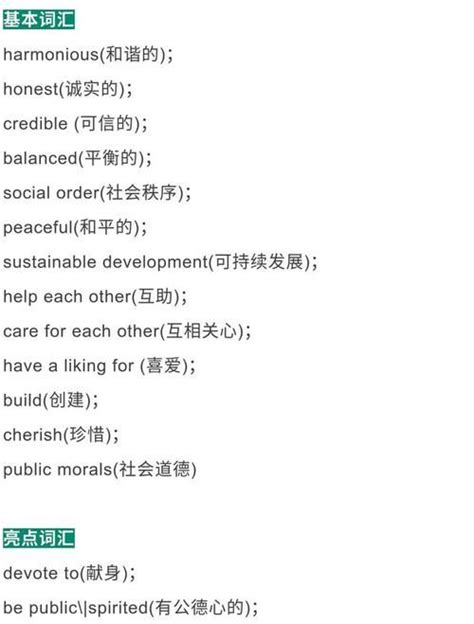Title: Sustainable Practices in the Fashion Industry
Introduction:

The fashion industry is undergoing a significant transformation towards sustainability due to increasing awareness of environmental and social issues. Sustainable practices in fashion encompass various aspects such as materials sourcing, production processes, and supply chain management. This article explores key strategies and recommendations for fostering sustainability in the fashion industry.
Choosing sustainable materials is crucial for reducing the environmental impact of fashion. Materials like organic cotton, hemp, bamboo, and recycled polyester offer ecofriendly alternatives to conventional fabrics. Brands should prioritize the use of renewable, biodegradable, and lowimpact materials in their designs.
Ensuring fair labor conditions across the supply chain is essential for ethical fashion production. Brands should prioritize working with manufacturers and suppliers that provide safe working conditions, fair wages, and respect workers' rights. Implementing social compliance audits and certifications can help uphold ethical standards.
Transitioning towards a circular economy model can minimize waste and maximize resource efficiency in the fashion industry. Brands can promote circularity by designing durable products, offering repair and recycling services, and implementing takeback schemes for used garments. Embracing circular business models fosters a more sustainable approach to consumption.
Enhancing transparency throughout the supply chain enables consumers to make informed purchasing decisions and holds brands accountable for their practices. Utilizing blockchain technology and supply chain mapping tools can help trace the journey of products from raw materials to finished goods. Transparent supply chains promote accountability and trust within the fashion industry.
Reducing packaging waste is essential for minimizing the environmental footprint of fashion brands. Switching to biodegradable, compostable, or recycled packaging materials can help mitigate the impact of packaging on the environment. Brands should also explore innovative packaging solutions, such as reusable packaging or packagingfree options.
Investing in research and development of sustainable technologies and innovations is critical for driving progress in the fashion industry. From ecofriendly dyes and finishes to 3D printing and zerowaste manufacturing techniques, sustainable innovations offer new opportunities for reducing environmental impact and improving efficiency.
Educating consumers about the importance of sustainable fashion practices empowers them to make conscious choices and support ethical brands. Brands can engage with consumers through transparency initiatives, educational campaigns, and labeling schemes that highlight sustainable attributes. By raising awareness and fostering a culture of sustainability, brands can drive demand for ecofriendly fashion.
Adopting sustainable practices in the fashion industry is imperative for addressing environmental and social challenges while meeting consumer demands. By prioritizing materials sustainability, ethical labor practices, circular economy principles, supply chain transparency, ecofriendly packaging, sustainable innovations, and consumer education, fashion brands can contribute to a more sustainable future. Embracing sustainability not only benefits the planet and people but also ensures longterm viability and success in the fashion industry.
文章已关闭评论!
2025-04-05 05:06:27
2025-04-05 04:48:22
2025-04-05 04:30:15
2025-04-05 04:11:55
2025-04-05 03:53:53
2025-04-05 03:35:37
2025-04-05 03:17:25
2025-04-05 02:59:13